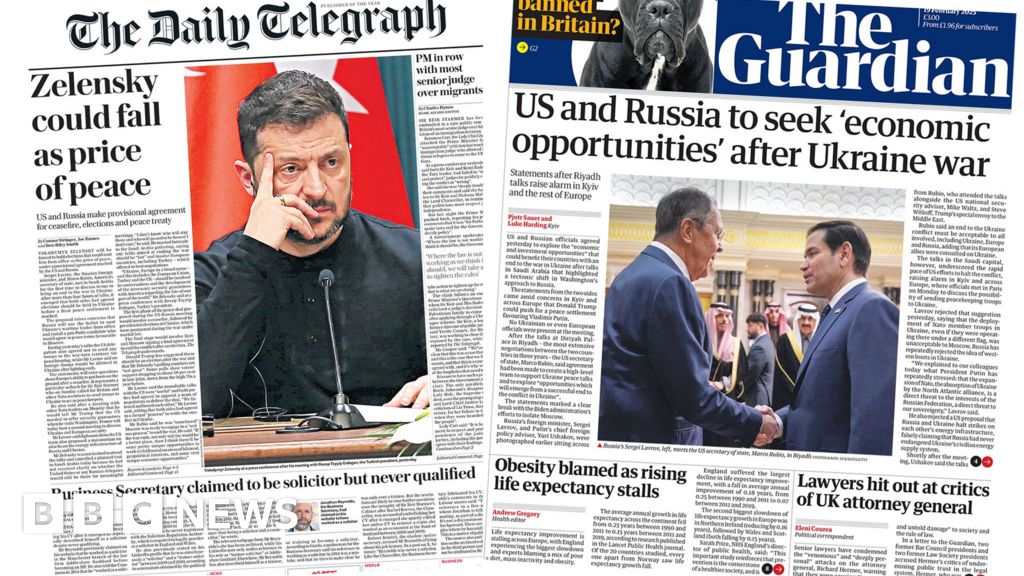Washington, D.C. Newsroom, Feb 21, 2025 / 17:45 pm
Father Tad Pacholczyk, senior ethicist at the National Catholic Bioethics Center (NCBC), discussed on EWTN this week the moral concerns and risks of in vitro fertilization (IVF) following the Trump administration executive order promoting access to the treatment.
In a Feb. 20 interview on EWTN’s “The World Over with Raymond Arroyo,” Pacholczyk said IVF is “called a pro-life, pro-family technology, but at its core, it’s not.”
“I think it’s good to start out and emphasize that it’s good to hear the president seeing the importance of family formation,” Pacholczyk said. However, he continued, “there are a number of concerns that arise in the wake of this technology … that has just galloped forward largely driven by commercial concerns.”
IVF concerns
Pacholczyk detailed numerous moral concerns with IVF that do not align with Catholic teaching.
“There is this propensity to produce extra embryos, many of whom will either be discarded or frozen. Sometimes they get caught in stasis for literally decades or forever,” he said. “They’re never rescued out of that freezing situation.”
“You’ve certainly heard of the situations when people are implanted with three or four embryos,” Pacholczyk continued.
“What happens if they all take? Well, then you have to have what’s called selective reduction, and they go in and destroy one or two of the growing babies in that case to help with the pregnancy for the remaining two babies,” he said.
Pacholczyk has previously addressed this concern in his NCBC column “Making Sense of Bioethics,” where he referred to discarded or frozen embryos as the “collateral damage” of IVF.
In the interview, Packolczyk also highlighted the moral issues involved when families opt for sex selection of embryos during the IVF process.
“Do you want a boy? Do you want a girl? There’s this quality control, which is, of course, just a fancy word for eugenics that is part and parcel of this entire technology.”
The priest called IVF a “two-edged sword.” He said: “There’s a death-dealing edge to the sword that pops up throughout the entire practice of in vitro fertilization.”
Pacholczyk also said there are risks to surviving embryos.
“There is known to be a higher risk of birth defects in the babies that are born this way,” he said.
Pacholczyk said that even in cases where women adopt embryos from other couples and implant them in their own wombs, it is still morally wrong. He explained that embryo adoption contributes to the commercialization of human life by creating a demand for embryos.
(Story continues below)
Subscribe to our daily newsletter
“So you actually feed into the cycle of cooperation in evil by promoting something like this,” he said.
Pacholczyk added that the Alabama Supreme Court law that ruled embryos created via IVF are children under state law brought “some coherence to this issue.”
“We’ve been in this situation where we’re calling the embryo different things depending on what it is we want. I think the Alabama decision cut through that and said: ‘No, we can’t do that. We’ve got to be consistent and coherent here,’” he said.
Suggested regulations
Pacholczyk told Arroyo that if he were advising the Trump administration on IVF policies he would urge “regulation” rather than “cooperation or encouragement of this practice.”
He suggested drafting regulations that limit the number of embryos that can be created and require that all of them must be implanted in the mother. He said he would urge the administration to set up a system similar to the Human Fetal Tissue Ethics Advisory Board that was in effect during Trump’s first term.
Pacholczyk, who was a member of the board, said: “We made decisions about funding for experiments that used fetal tissue. It was amazing the work that they did. We need some more advisory commissions like that.”
Pacholczyk emphasized funding and developing treatments for infertility must take priority over IVF to figure out the “underlying causes” of why couples are unable to have babies.
“That whole approach gets sidelined. As soon as you offer the IVF industry to couples, they go down that road almost immediately,” Pacholczyk said.
 (1).png)
 13 hours ago
1
13 hours ago
1
















![[PICTORIAL] GWR: Nigerian Comedian, Dr. Laff, hits 15 hours in 50-hour stand-up comedy marathon](https://cdn.punchng.com/wp-content/uploads/2025/02/15181320/479547832_2884223478430997_3261883157385002673_n-1200x630.jpg)


